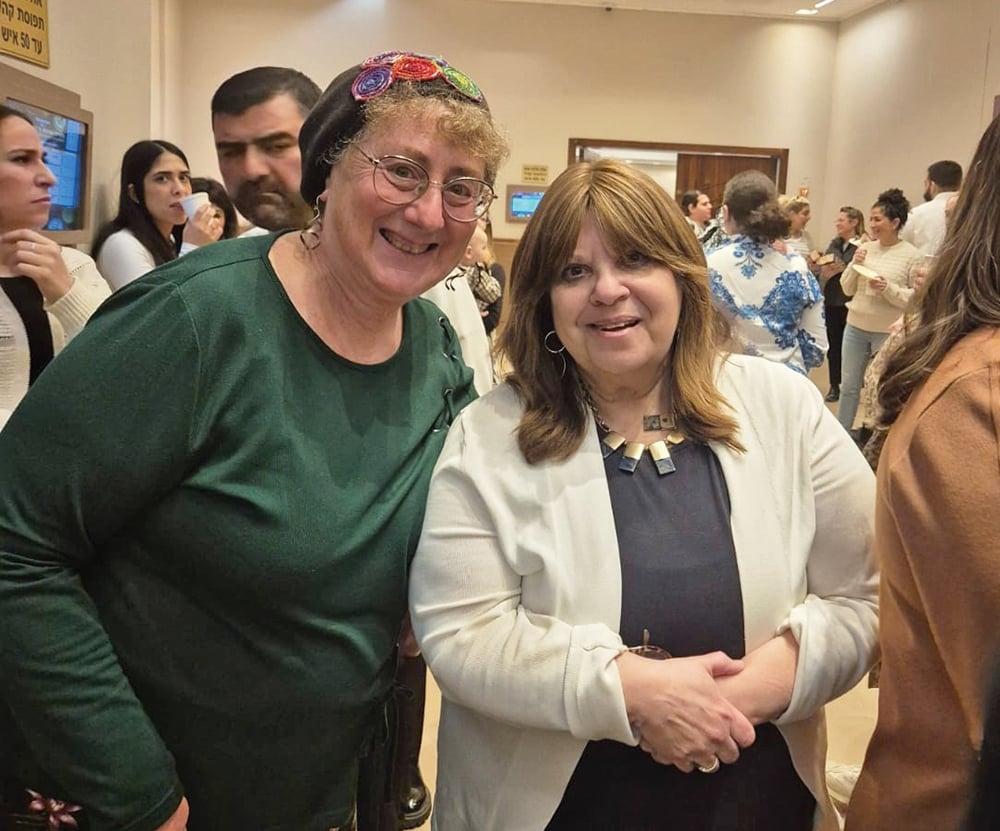Many olim are drawn to self-employment for the flexibility and independence it provides. But being atzma’i (self-employed) also comes with bureaucratic and financial responsibilities. If you are considering working for yourself in Israel, it is important to understand the different tax structures, reporting requirements, and financial best practices to set yourself up for success.
Three Types of Atzma’i
Israel self-employed individuals fit into three categories, each with distinct tax and reporting obligations:
- Osek P’tor (Exempt Dealer)—Designed for small business owners and freelancers with an annual revenue below the VAT (Value Added Tax, or Ma’am) threshold (currently around 120,000 NIS, but it changes periodically). An Osek P’tor is not required to charge VAT (18% as of January 2025) on services but also cannot claim VAT refunds on business expenses. Bookkeeping is simpler but tax benefits are limited.
- Osek Mursheh (Authorized Dealer)—If your revenue exceeds the VAT threshold, or if you prefer to reclaim VAT on expenses, you must register as an Osek Mursheh. This status requires charging clients 18% VAT. You also must submit VAT reports (usually bimonthly), and keep more detailed financial records.
- Osek Za’ir (Small Business)—A newer category designed for very small businesses, allowing for simplified tax and reporting obligations. Check the latest regulations and see if it applies to your business model. If you earn U.S. dollars you cannot be an Osek Za’ir.
Reporting Earnings and Estimating Taxes
Being self-employed in Israel means reporting earnings to the tax authorities. You must:
Register with the Tax Authority (Mas Hachnasa), VAT Authority (if applicable), and National Insurance (Bituach Leumi).
File periodic reports, including estimated income reports.
Pay Bituach Leumi contributions, which vary based on your earnings.
Submit an annual tax return detailing your income, expenses, and deductions.
If your estimated earnings change significantly during the year, you must update your reports to avoid unexpected tax liabilities.
Accurate Records Are Essential
Good bookkeeping is essential to staying compliant with Israeli tax laws. You should:
Issue proper invoices for every transaction.
Keep track of all business expenses, as many are tax-deductible. (Sadly, business lunches are not.)
Store receipts for at least seven years.
A reliable accountant can help you avoid costly mistakes. Olim Paveway can connect you with experienced accountants who understand the specific needs of olim.
Deductions
One of the major benefits of self-employment is the ability to deduct business expenses, including:
Rent and utilities (if you have a dedicated home office).
Office supplies, computers, and business-related travel.
A portion of car expenses if used for work.
Marketing and advertising costs.
And be sure to request a heshbonit mas (receipt) with your name on it so you can deduct the cost as a business expense.
The Risks of ‘Under the Table’ Work
Working “off the books” can be tempting. For that, I offer one word: Don’t!
- No matter how often you hear, “Everybody does it,” it is illegal. They don’t.
- You risk hefty fines and penalties if you’re caught.
- You would be ineligible for social benefits like maternity leave or unemployment support.
- Working off the books lowers your reported income, making it harder for you to secure loans or mortgages.
Report your earnings properly and take advantage of legal tax deductions.
Filing Online and Paying VAT
Even if your Hebrew isn’t great, you can learn to file online via the Tax Authority’s website with some practice. You can submit returns and VAT reports, pay taxes and Bituach Leumi electronically, and get automatic reminders and updates. An Olim Paveway personal guide can help you set this up quickly and easily.
If you’re an Osek Mursheh, you must submit VAT reports every two months and remit the collected VAT to the tax authorities. Failure to do so on time can result in penalties.
Conclusion
Self-employment in Israel offers flexibility and independence, but it requires careful financial planning. If you need professional guidance, Paveway can connect you with experts who will help you maximize your business potential.
Olim Paveway’s Olim Toolbox offers timely tips for anyone moving to or visiting Israel.
Join our WhatsApp at https://chat.whatsapp.com/Ic8dNfdNlspGAPtmcCKtbf for more tips and chat with our experts live every Sunday at 2 p.m. EST, at https://tinyurl.com/y2sj3z72—a new topic every week. Planning aliyah? Recently moved? Write [email protected] to arrange for a Paveway personal guide (melaveh).












